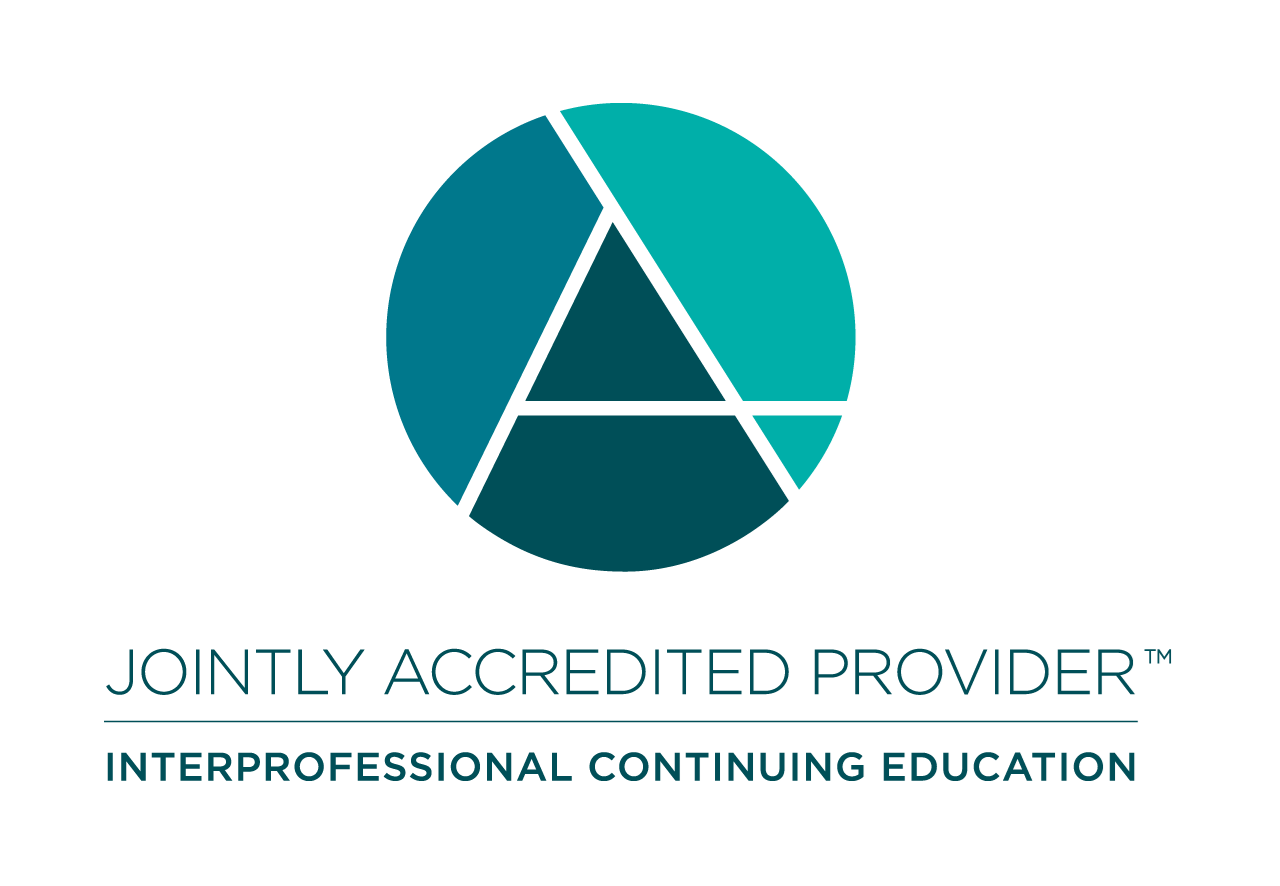Behavioral Health: Meeting Community Need Through Partnership
In the wake of the COVID-19 pandemic, the need for behavioral healthcare services is even more apparent. The expected post-COVID mental health surge is here, with increased teen suicide rates and reports from schools, employers, and communities of heightened levels of anxiety and depression. Unfortunately, in the face of this increased demand, many communities lack adequate behavioral healthcare services. From overloaded emergency departments and inpatient floors in hospital settings to inadequate staffing and access to ambulatory services, behavioral healthcare is at a breaking point.
To address these challenges, healthcare delivery organizations have pursued partnerships outside of the medical center and have attempted to connect acute and community services. Community-based solutions can be enormously effective in addressing the full needs of the population; however, acute medical centers generally have little experience with establishing successful partnerships.
To address this gap, the presenters will offer a framework for developing and cultivating successful community partnerships to enhance access to behavioral healthcare services and value to the population served. They will also offer insights on how to successfully plan, develop and implement a shared vision with community partners built on shared goals and trust and outline successful characteristics and traits of successful integration partnerships. The presenters will also review case studies of successful community interventions that target core service needs outside of the hospital setting, including education, housing, transportation, and food insecurity along with targeted support for chronic acute care populations with intensive case management and other community-focused interventions.
Learning Objectives:
- Explore how to develop a comprehensive behavioral healthcare strategy for your organization.
- Identify various partnership approaches in behavioral healthcare settings.
Speakers:
Stephen M. Merz, FACHE
COO, Sheppard Pratt
Jennifer Weiss Wilkerson, FACHE
Vice President/Chief Strategy Officer, Sheppard Pratt
Greg Gattman, FACHE
Vice President/COO, Hospitals, Sheppard Pratt
This session was originally presented at the 2022 Congress on Healthcare Leadership.
Continuing Education Credit
ACHE Qualifying Education Credit
This recording is eligible for 1 ACHE Qualifying Education credit.
ACHE Education credits will be automatically updated in your My ACHE account upon completion of the recording.
Interprofessional Continuing Education Credit
In support of improving patient care, the American College of Healthcare Executives is jointly accredited by the Accreditation Council for Continuing Medical Education (ACCME), the Accreditation Council for Pharmacy Education (ACPE), the American Nurses Credentialing Center (ANCC), and the American Academy of PAs (AAPA) to provide continuing education for the healthcare team.
This activity was planned by and for the healthcare team, and learners will receive a maximum of 1 Interprofessional Continuing Education (IPCE) credit for learning and change. For further information about Joint Accreditation credits and certificates, please click here.
Physician Continuing Medical Education
The American College of Healthcare Executives (ACHE) designates this live activity for a maximum of 1 AMA PRA Category 1 Credits™. Physicians should claim only the credit commensurate with the extent of their participation in the activity.
Continuing Nursing Education
The American College of Healthcare Executives designates this live activity for a maximum of 1 contact hours of continuing nursing education.
Continuing Pharmacy Education
The American College of Healthcare Executives designates this knowledge-based activity for a maximum 1 contact hours of continuing pharmacy education credit.
Continuing Social Work Education
The American College of Healthcare Executives designates this knowledge-based activity for a maximum 1 contact hours of continuing social work education credit.
Physician Associate/Physician Assistant Continuing Education
The American College of Healthcare Executives has been authorized by the American Academy of PAs (AAPA) to award AAPA Category 1 CME credit for activities planned in accordance with AAPA CME Criteria. This activity is designated for a maximum of 1 AAPA Category 1 CME credits. PAs should only claim credit commensurate with the extent of their participation.




